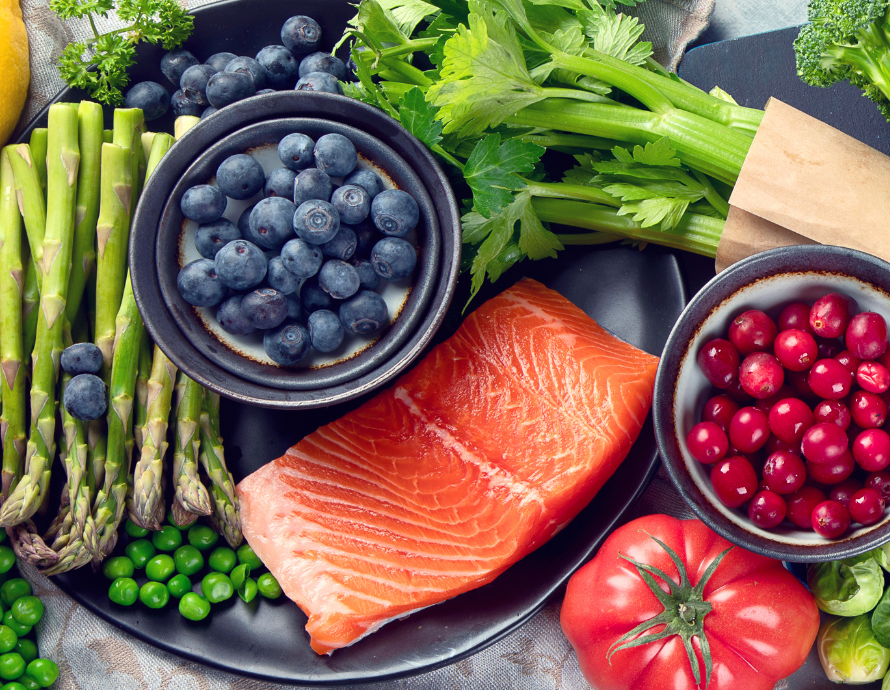
Should We Eat Irradiated Food?
Food irradiation is an agenda that is being heavily produced due to the growing issues surrounding food poisoning. Food irradiation is seen as the solution to combatting world hunger by extending food shelf life whilst avoiding spoilage and the risk of food poisoning. Sounds great, right?
Well, like any unnatural solution to an unnatural problem that we created, it comes with a set of risks. There are laws surrounding food irradiation in order to make it safer – note, not ‘safe’ – however, these global standards governing food irradiation practices are looking to be relaxed, due to mass hunger around the world where food is not readily available to millions of people.
The relaxing of these laws include looking to remove the maximum irradiation dose limit and to extend the list of foods that are currently permitted for irradiation in all EU member states – remember, EU have some of the most stringent food quality laws, therefore there are lots of countries that have more irradiated food, executed at higher doses, and the general public don’t even know that this is what they’re consuming, or the risks associated with the food irradiation process.
There are many health issues lined to irradiated food, but there is also the issue that this process is being done unnecessarily. The altruistic intent of overcoming world hunger seems forgotten as many foods and food products are being irradiated for the consumption of people in first-world countries to extend shelf-life and lower costs for businesses.
In addition to this, our food is not as nutrient dense as it once was, meaning that we have widescale nutrient deficiency.
What Is Food Irradiation?

First things first, let’s discuss what food irradiation is. Irradiation is a practice that uses electron beams, x-rays or gamma rays to eliminate bacteria that can cause food poisoning, such as salmonella, campylobacter and E. Coli. The irradiation process of killing bacteria also helps preserve food and reduce food waste AND remove insects from imported shipments of food. As we know, a LOT of the food in the UK is imported and therefore, to control invasive species travelling over with the food imports, a lot of these food products have undergone the irradiation process.
At the moment, food can only be irradiated if the benefits seem to outweigh the risks. I.e. if the food is likely to cause food-borne illness, then is probably considered more beneficial to be irradiated, in comparison to other foods that are less likely to cause food poisoning or illness.
During the food irradiation process, the food absorbs energy, which kills the bacteria within. This is the same concept as killing the bacteria by thoroughly cooking the food. The irradiation process can also delay the ripening of fruit and vegetables.
Foods That Can Be Irradiated (UK)

- Fruit
- Vegetables
- Dried Herbs, Spices and Seasonings
- Cereals
- Poultry
- Fish & Shellfish
Please note different governing bodies have different food irradiation policies. If you want to check to see if your food has undergone an irradiation process, check the label for ‘irradiated’ or ‘treated with ionising radiation’.
Risks of Food Irradiation

If we called irradiated food ‘radioactive food’ I think we would be a bit more cautious to consume it. Radiation kills the harmful bacteria in food but, whilst doing so, it can create new substances.
These substances are called unique radiolytic products. These by-products contain a variety of substances that have been linked to causing gene mutations and chromosome aberrations. Additionally, these substances are carcinogens, which we know are heavily linked to causing cancer.
The irradiation process can also form volatile toxic chemicals, such as benzene and toluene, which have been linked to birth defects, fertility issues and cancer.
The Bottom Line

Increasing the widespread use of food irradiation is incredibly dangerous, considering what we know about how irradiated food directly impacts our health. Indirectly, the irradiation drastically reduces the potency and number of nutrients in our food, causing massive nutrient deficiencies which can lead to serious health conditions. Many people are eating the ‘right’ food but aren’t getting the nutrients that they need for their body to function optimally. My advice? Avoid irradiated food and, if you’re worried about foodborne illnesses practice the following:
- Avoid irradiated food. Try to buy your product from your local farmers’ market!
- Reduce your intake of foods that have been known to contain harmful bacteria, such as poultry, shellfish etc.
- Properly cook through your meat and fish.
- Ensure you are handling your food properly and not spreading any juices from the raw food.
- Don’t buy ‘bagged’ leaves where possible, as this is a breeding ground for E.Coli. If you do, make sure you wash the produce thoroughly.
- Wash your fresh produce with apple cider vinegar and filtered water.
- Store your meat, fish, fruit, vegetables, spices and herbs in the correct location with the right temperature to avoid bacteria proliferating.
- SUPPLEMENT! Make sure you take high-quality, absorbable and potent foundational supplements daily, so that your body gets all it needs to function properly. I take the Daily Essential Formula every day, and I FEEL the difference if I miss a day.

Follow Our Instagram For Exclusive Content





 د.إ / AED
د.إ / AED



Leave a comment